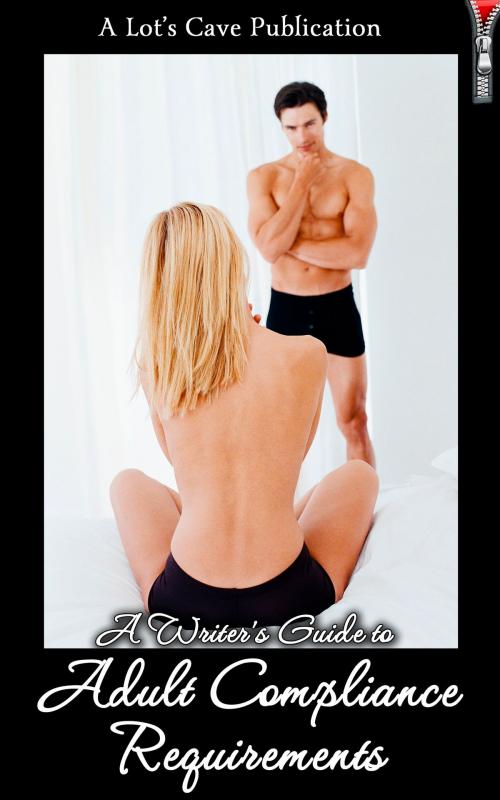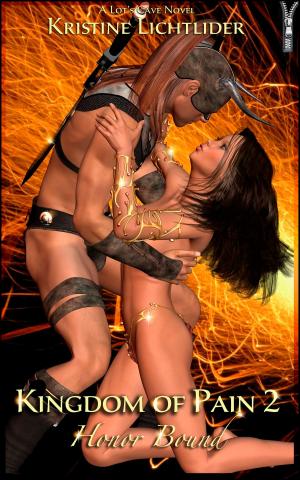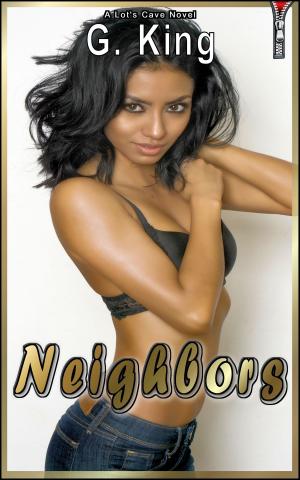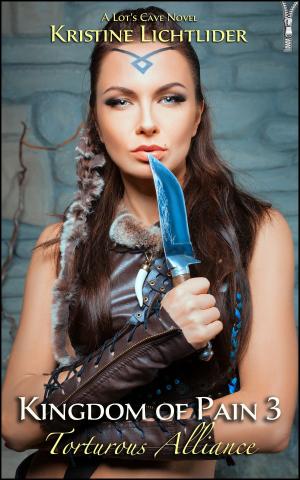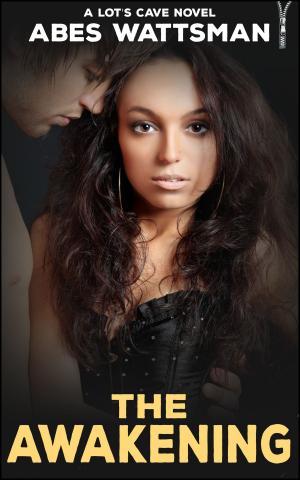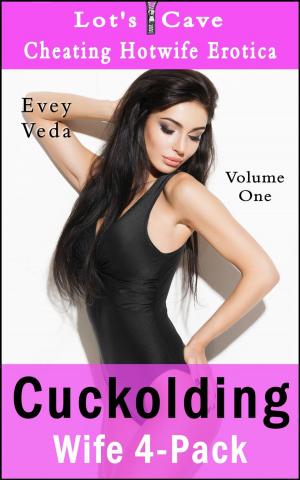A Writers Guide To Adult Compliance Requirements
Nonfiction, Reference & Language, Law, Legal Writing, Language Arts, Writing & Publishing, Publishing| Author: | Phaedrus T. Wolfe | ISBN: | 9781310747816 |
| Publisher: | Lot's Cave, Inc. | Publication: | November 14, 2013 |
| Imprint: | Smashwords Edition | Language: | English |
| Author: | Phaedrus T. Wolfe |
| ISBN: | 9781310747816 |
| Publisher: | Lot's Cave, Inc. |
| Publication: | November 14, 2013 |
| Imprint: | Smashwords Edition |
| Language: | English |
Erotica is the most lucrative genre in the publishing industry, because let’s face it… sex sells! But recent changes in the publishing industry, spurred by irresponsible bloggers and panicky CEO’s, are making it more and more difficult for erotica writers to get published.
Publishers who claim to support free speech are censoring anything that might possibly be considered controversial. Myths and misnomers abound, and few authors know the true facts about what they can, or cannot, legally publish.
Whether you’re an experienced erotica author, or new to the publishing industry, this informative writer’s guide is for you!
Learn the truth about past and current obscenity laws, and how the U.S. Supreme Court determines whether a visual, oral, or written work is legally obscene. How is obscenity different from pornography? How has easy access to such materials via the Internet changed how laws are interpreted?
What age restrictions are placed on pornography? Is it illegal to photograph your child playing nude in the bathtub? Does it only apply to photographs? Or are computer illustrations, hand-drawn sketches, and written works also considered illegal?
Is it legal to write and publish ‘age-play’ books? What extremes are underage?
What is ‘barely-legal’ pornography? Does it really apply to books, or only to adult movies? What is the real ‘barely legal’ age limit, anyway? (The answers will surprise you!)
What is the real Age of Consent, locally and worldwide? If you think the answer is 18, think again!
Can you put adult material on your blog? What should you do if someone posts unacceptable pornography on it?
How is the Electronic Frontier Foundation working to protect your legal rights?
Are you required to keep records of any adult images you might own, even if you aren’t a reseller?
What is ‘sexually explicit conduct,’ and how does it differ from ‘sexual abuse’?
What can be done about ‘moral censorship’ and the growing proliferation of adult filters? Is censorship of adult books really a violation of the United States Constitution’s First Amendment?
Answers to all these questions, and many more, can all be found within this essential resource for aspiring or experienced erotica authors who certainly do not want to run afoul of the law!
Erotica is the most lucrative genre in the publishing industry, because let’s face it… sex sells! But recent changes in the publishing industry, spurred by irresponsible bloggers and panicky CEO’s, are making it more and more difficult for erotica writers to get published.
Publishers who claim to support free speech are censoring anything that might possibly be considered controversial. Myths and misnomers abound, and few authors know the true facts about what they can, or cannot, legally publish.
Whether you’re an experienced erotica author, or new to the publishing industry, this informative writer’s guide is for you!
Learn the truth about past and current obscenity laws, and how the U.S. Supreme Court determines whether a visual, oral, or written work is legally obscene. How is obscenity different from pornography? How has easy access to such materials via the Internet changed how laws are interpreted?
What age restrictions are placed on pornography? Is it illegal to photograph your child playing nude in the bathtub? Does it only apply to photographs? Or are computer illustrations, hand-drawn sketches, and written works also considered illegal?
Is it legal to write and publish ‘age-play’ books? What extremes are underage?
What is ‘barely-legal’ pornography? Does it really apply to books, or only to adult movies? What is the real ‘barely legal’ age limit, anyway? (The answers will surprise you!)
What is the real Age of Consent, locally and worldwide? If you think the answer is 18, think again!
Can you put adult material on your blog? What should you do if someone posts unacceptable pornography on it?
How is the Electronic Frontier Foundation working to protect your legal rights?
Are you required to keep records of any adult images you might own, even if you aren’t a reseller?
What is ‘sexually explicit conduct,’ and how does it differ from ‘sexual abuse’?
What can be done about ‘moral censorship’ and the growing proliferation of adult filters? Is censorship of adult books really a violation of the United States Constitution’s First Amendment?
Answers to all these questions, and many more, can all be found within this essential resource for aspiring or experienced erotica authors who certainly do not want to run afoul of the law!
